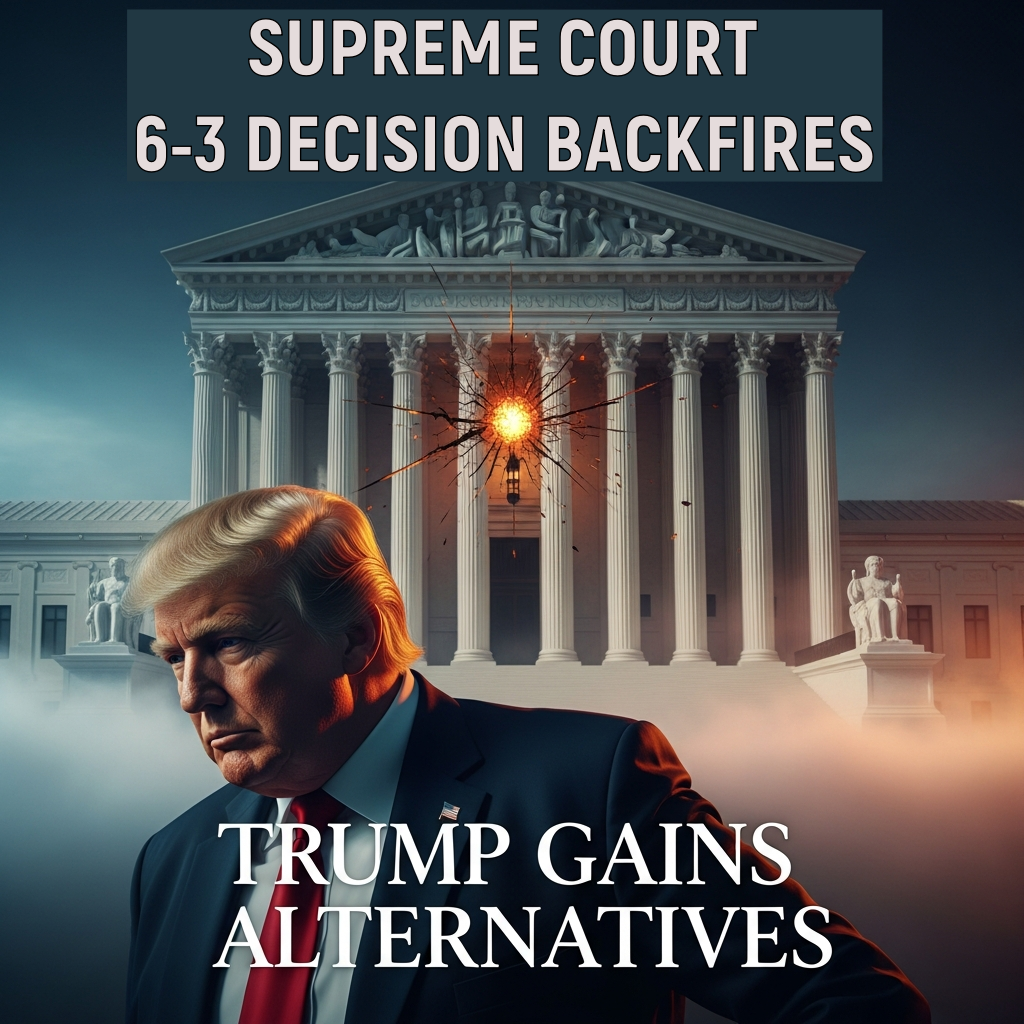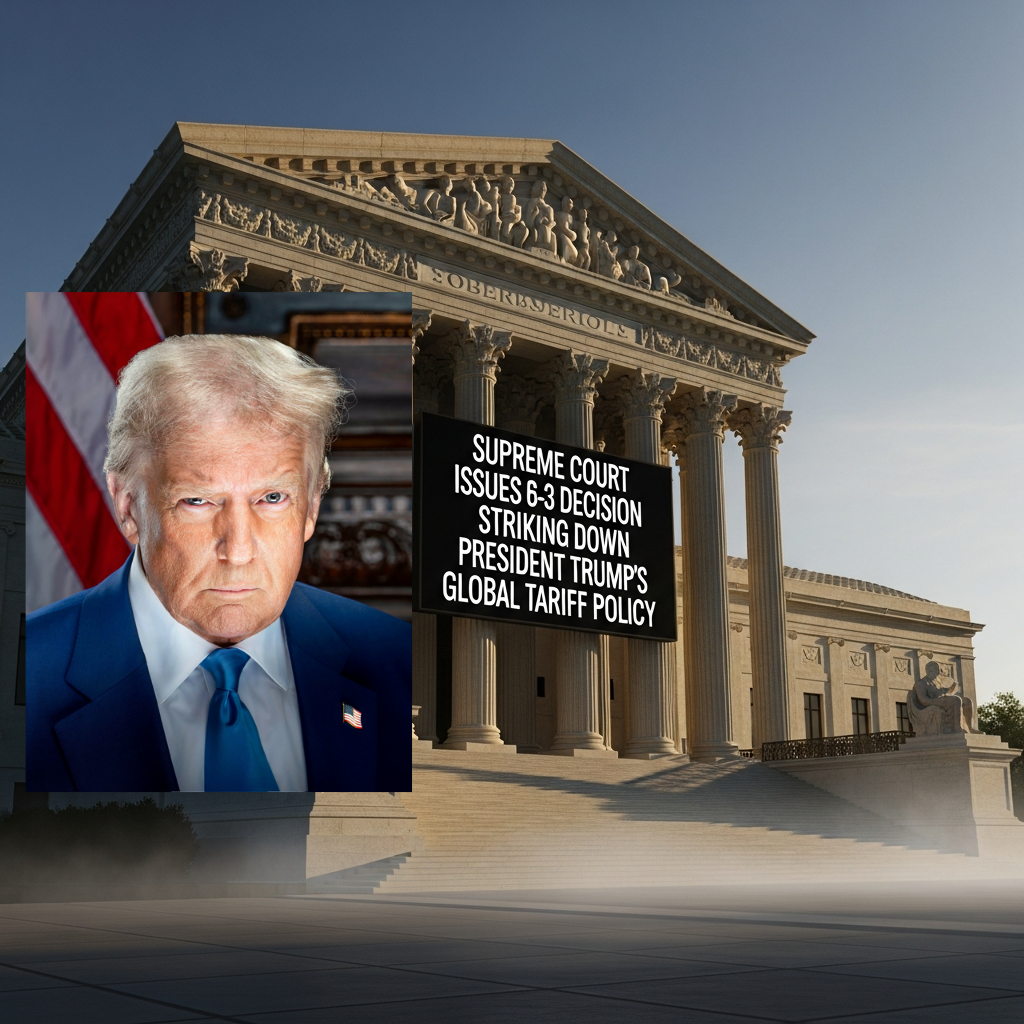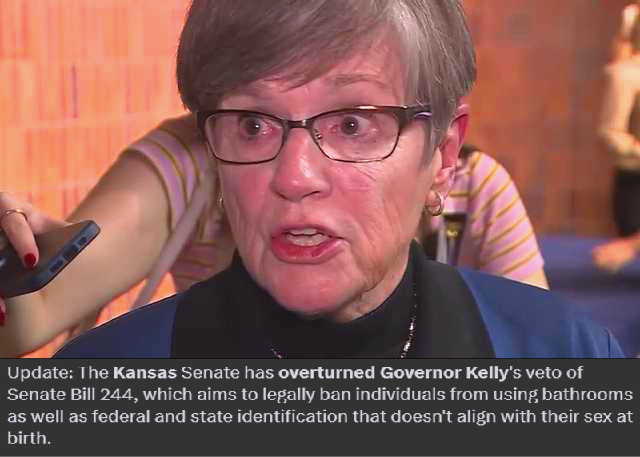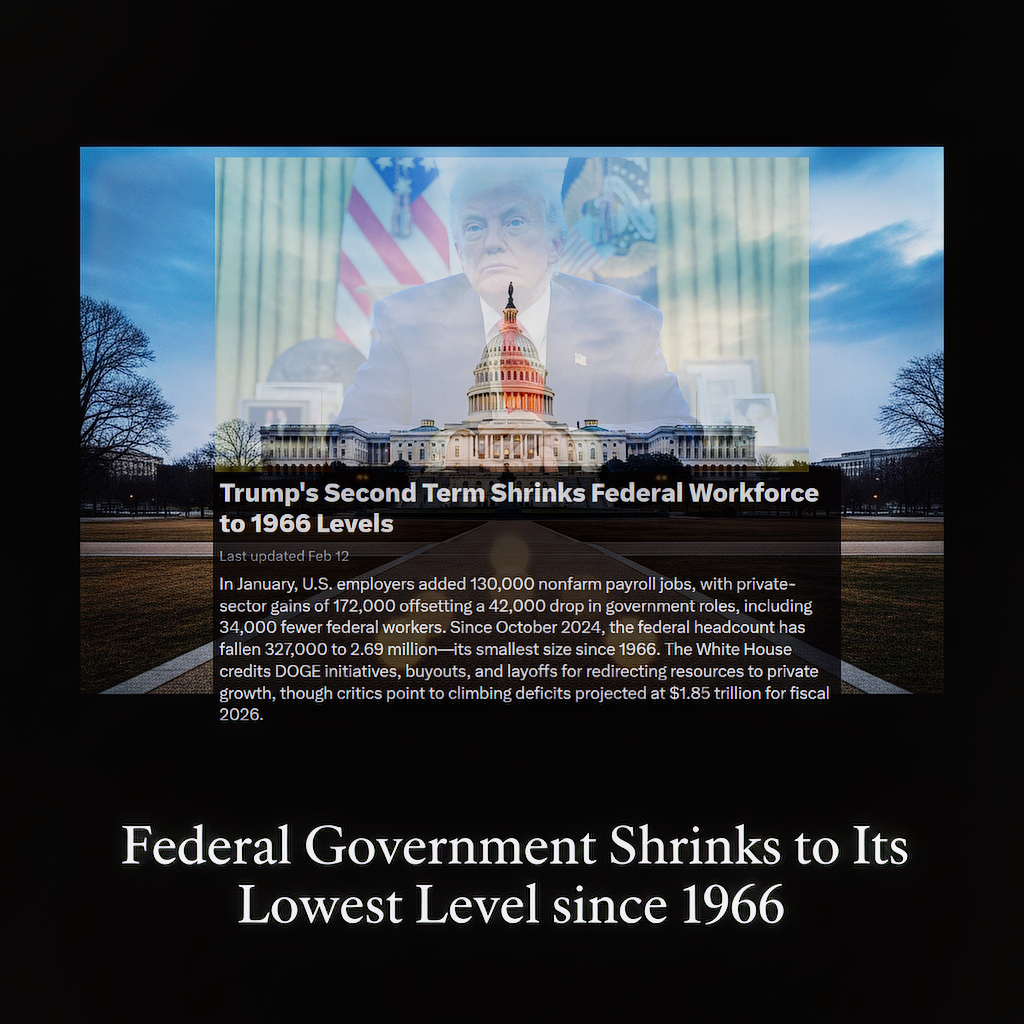President Trump’s Big Beautiful Bill Passes the Senate with VP Vance’s Tie-Breaking Vote
By The Blog Source
Vice President JD Vance broke the tie in Tuesday's 51–50 vote in favor of Senate Republicans passing President Trump's One Big Beautiful Bill. As GOP leaders work to secure a significant legislative victory before July 4, the comprehensive proposal is now returning to the House.
The 940-page bill increases defense and border funding, lifts the debt ceiling by $5 trillion, removes overtime and tip taxes, and makes Trump's 2017 tax cuts permanent. Updated elements on Medicaid reform, lasting company tax cuts, and increased energy production are also included in the Senate version. In response to concerns raised by lawmakers in high-tax states, a SALT deduction maximum increase to $40,000 was added for households earning less than $500,000.
President Donald Trump's "One Big Beautiful Bill Act" was approved by the Senate on Tuesday afternoon, paving the way for one of his most ambitious legislative initiatives of his second term. Vice President JD Vance broke the 50–50 tie, sending the legislation to the House for final passage before Republican leaders set a deadline of July 4.
The Senate-approved bill, which is 940 pages long, covers almost every aspect of conservative policy. Federal taxes on tips and overtime pay are permanently eliminated, the historic Trump tax cuts from 2017 are extended, and expenditures in domestic energy development, defense, and border enforcement are increased. To maintain fiscal stability and government spending, the law also lifts the debt ceiling by $5 trillion.
Some of the major updates made during Senate debates include deeper improvements to Medicaid and the Supplemental Nutrition Assistance Program (SNAP), a permanent extension of business tax cuts, and the removal of language that imposed a moratorium on state control of artificial intelligence. The removal of the AI clause helped rally support since it had raised concerns among senators who wanted to protect states' authority to control developing technology.
The final form was shaped by lawmakers from both Republican Party factions. While some fiscal conservatives concentrated on maintaining tax equity and safeguarding vital programs, others stressed the significance of controlling long-term spending. The law, according to Senator Ron Johnson (R-Wis.), puts the nation on a sustainable course. He told Fox & Friends on Monday, "I'm convinced they're committed to returning to reasonable pre-pandemic spending, and I'll be highly involved in a process to achieve and maintain it."
Senate negotiators increased the maximum on state and local tax (SALT) deductions from $10,000 to $40,000 for people making less than $500,000 in response to concerns raised by House Republicans in high-tax areas. After five years, that change is scheduled to be phased out.
Speaker Mike Johnson (R-La.) has indicated a desire to quickly move the package to the House floor, citing the political consequences of postponing the passage of the 2017 tax reform. White House officials said more spending reforms will be implemented during the fall appropriations process and are still optimistic that the law will spur economic development.
If the House made any other changes, both houses would have to call a conference committee to approve the law. However, for the time being, the Senate's vote represents a significant turning point in the implementation of President Trump's second-term program.
To join the Diamond and Silk Monthly Supporter Program, visit http://SupportDiamondandSilk.com.
Lindell TV, VOCL, ChatDit, Rumble, TruthSocial, and Diamond and Silk Media are all excellent ways to stay connected with Diamond and Silk.








































